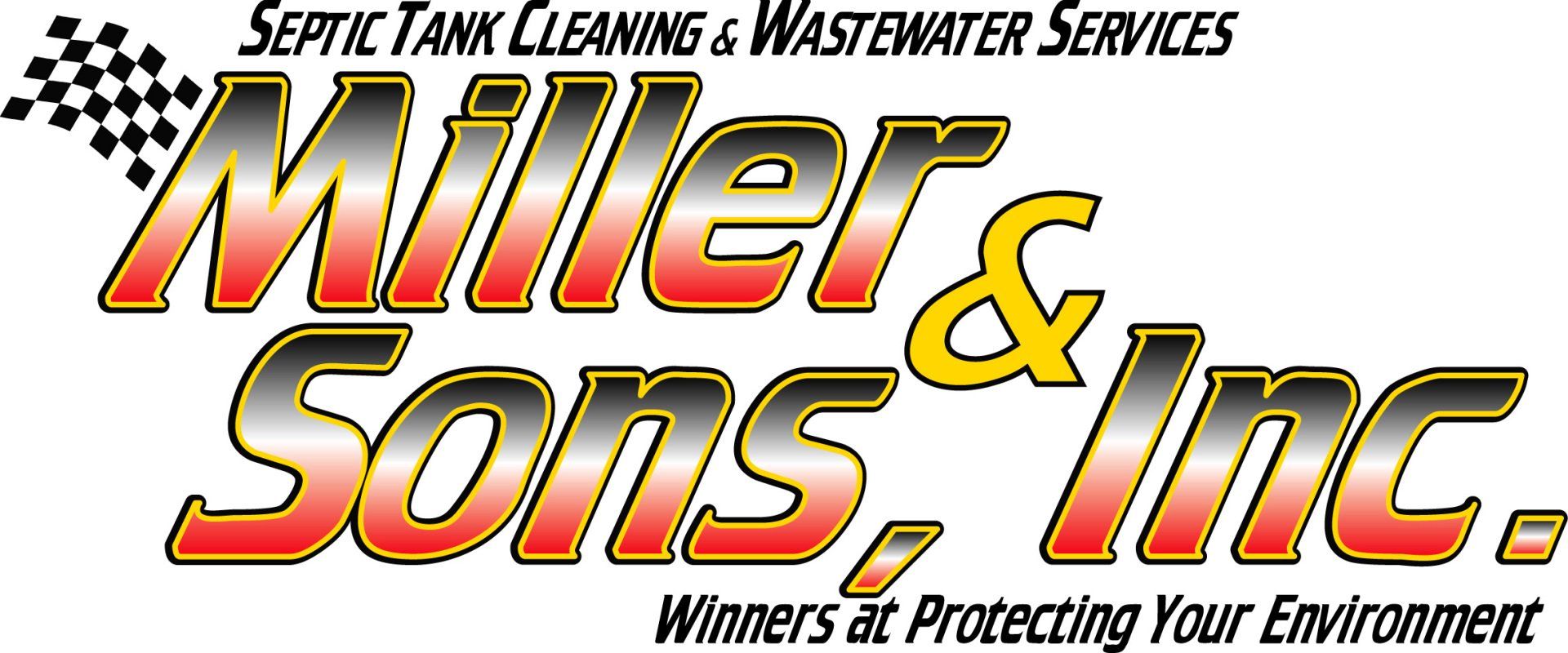Facts About Septic System Maintenance
Facts About Septic System Maintenance
Prolong the Life of
Your Septic System
Prolong the Life of
Your Septic System
Extend the Life of Your Septic System with Regular Maintenance
Periodic septic system maintenance is essential to prolong the lifespan of your system and avoid costly repairs. Regular pumping prevents sludge and scum buildup from contaminating your drain field, ensuring your system operates efficiently. We recommend having your septic tank pumped when the combined depth of sludge and scum reaches one-third of the tank’s capacity—typically every three years—or more frequently if your household has four or more people.
Contact us
today to schedule your septic maintenance or to learn more about keeping your system in top condition!
Preserve Your Health and Finances
Preserve Your Health and Finances
Why Septic System Maintenance Matters to You and Your Community
Health and Safety:
Proper septic system maintenance prevents inadequately treated wastewater from contaminating wells, groundwater, and surface water. This protects you, your family, and your community from serious health risks.
Cost Savings:
Regular maintenance is a small investment that can save you money in the long run by preventing costly repairs or the need for a full system replacement.
Keep your septic system safe, efficient, and cost-effective with routine care.
Home Owner Don'ts:
Protect and Take Care of Your Septic System
Home Owner Don'ts:
Protect and Take Care of Your Septic System
Top 4 Tips to Protect Your Septic System
- Avoid driving over your septic tank and drain field or compacting the soil in any way, as this can damage the system.
- Never dig around your septic tank or drain field, build on top of it, or cover it with hard surfaces like concrete or asphalt.
- Limit or avoid the use of garbage disposals. They increase solids in your tank, requiring more frequent pumping.
- Do not flush harmful items down the toilet, including coffee grounds, dental floss, disposable diapers, kitty litter, sanitary napkins, cigarette butts, condoms, fats, grease, oils, paper towels, or hazardous chemicals such as paint, varnish, and oil.
Following these simple guidelines helps protect your septic system and keeps it working efficiently for years.
Understanding Your Home Septic System
Understanding Your Home Septic System
A home septic system has two main components: the septic tank, where solid waste is stored, and the absorption area (or drain field), where wastewater is naturally treated.
When wastewater flows from your home drains into the septic tank, it separates into three layers:
- Solids settle to the bottom, forming sludge that slowly decomposes.
- Greases and oils, which are lighter than water, float to the top, creating a scum layer.
- The middle layer is the relatively clear wastewater between the sludge and scum.
The wastewater then passes through baffles that prevent solids and scum from escaping, ensuring only liquid leaves the tank. This liquid flows into the drain field—gravel-filled trenches where soil acts as a natural filter, removing harmful substances before the water returns to the environment.
Regular pumping is essential to remove the buildup of sludge and scum. If not pumped, solids can overflow into the drain field, clogging the soil and causing system failure, which can be costly to repair.
Proper maintenance helps keep your septic system working efficiently and protects your property and the environment.
Interested in our services? We’re here to help!
Interested in our services? We’re here to help!

